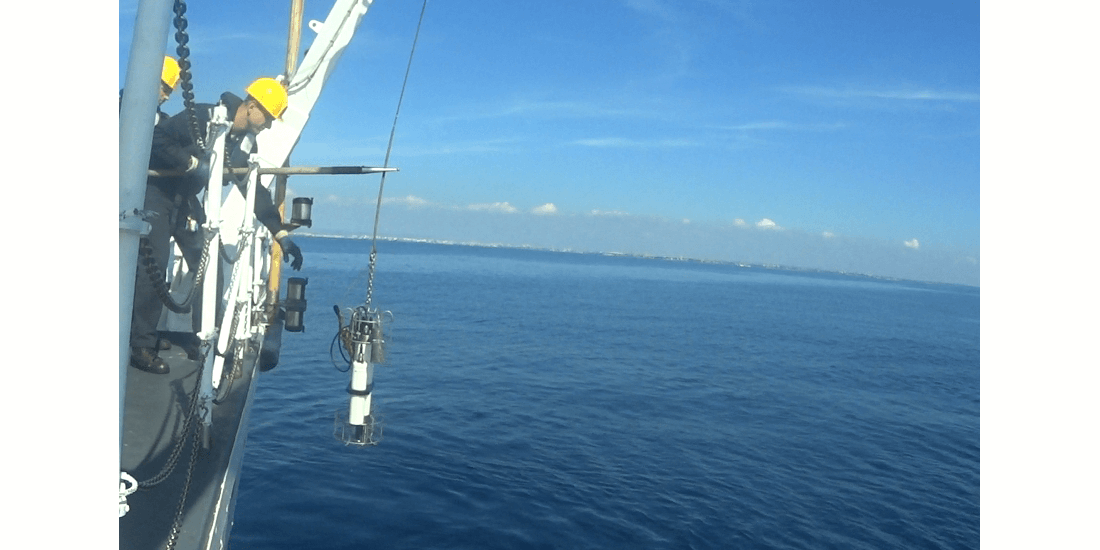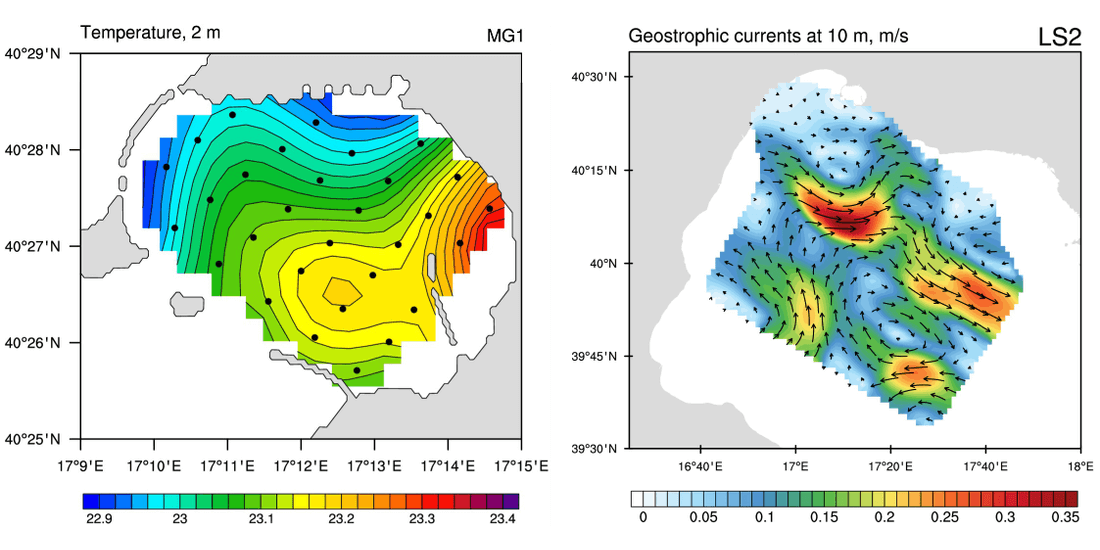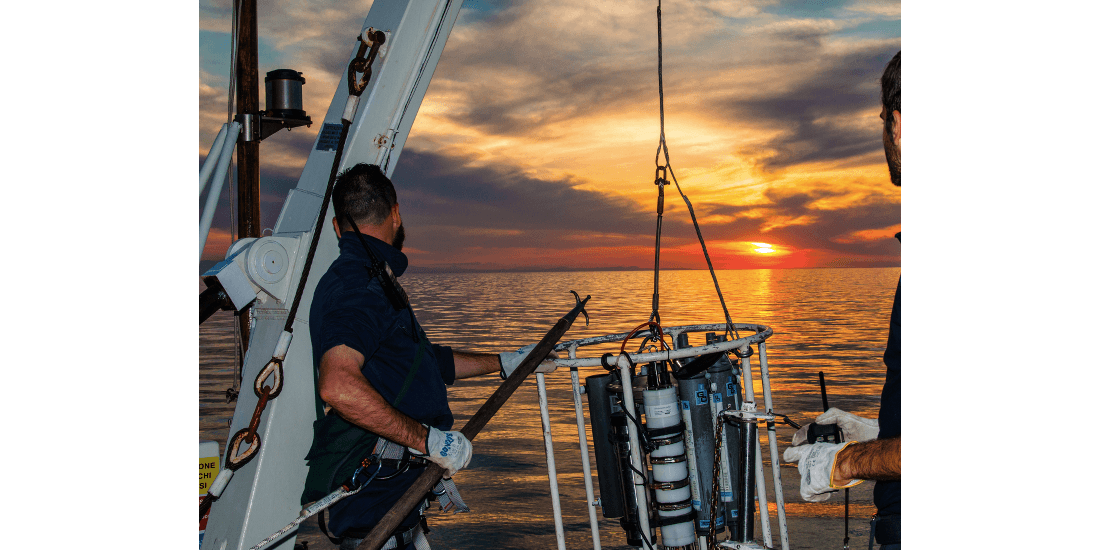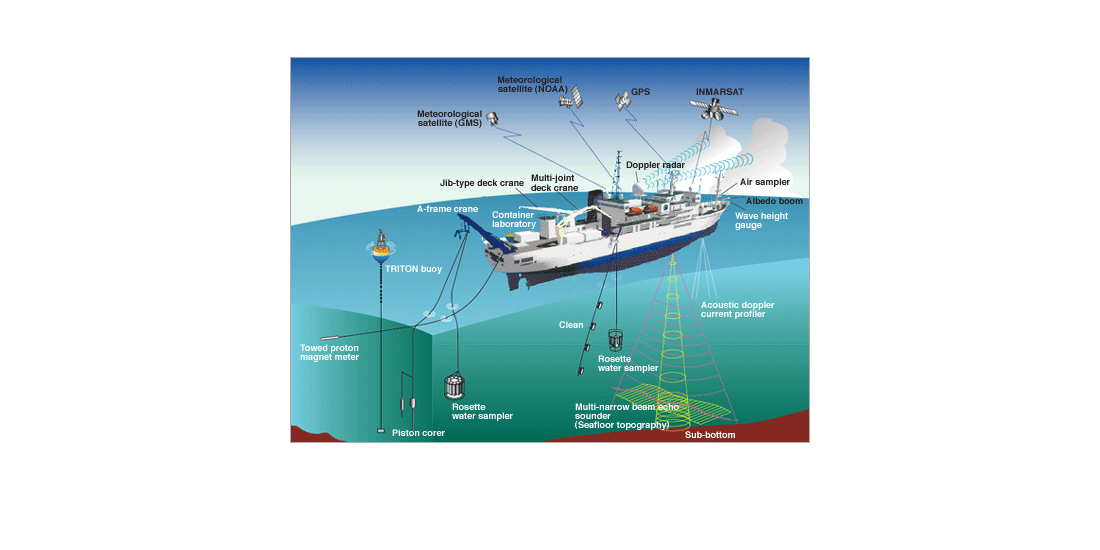The Marine Rapid Environmental Assessment is a methodology to collect marine data useful to improve our knowledge of the marine state and specific dynamical processes and increase skill of ocean forecasting and analyses. It was developed in the late 1990s to collect synoptic oceanographic data relevant for nowcasts, forecasts and derived applications by Robinson and Sellschopp (2002) (footnote1).
In order to achieve these objectives, data collection and analysis has to be developed which considers synoptic time scales and repeated surveys to produce both initialization and verification data sets. MREA is one of the optimal experimental strategies to collect definitive evidence on ocean mesoscales for improving knowledge and forecast skill.
The Italian MREA experiments were thought to contribute to:
- the definitive set up of a rapid CTD collection strategy in different regions of the Italian marine EEZ and other areas of particular strategic interest;
- the study of surface and near surface processes that couple waves and currents, physical and biochemical processes, from the coastal to the open ocean.
- demonstrate and validate the numerical model downscaling from large scale operational oceanography products.
footnote1 - Robinson, A.R and J. Sellschopp, 2002. Rapid Assessment of the Coastal Ocean Environment. Ocean Forecasting: Conceptual Basis and Applications. N. Pinardi & J.D. Woods, Springer, 203-232.
Partecipants to the MREA initiative
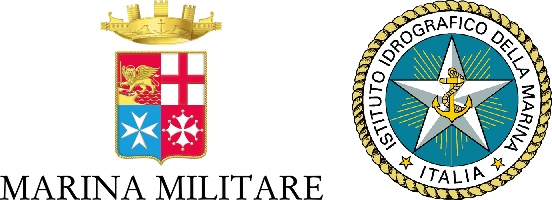 |
|
 |
 |
 |
 |

